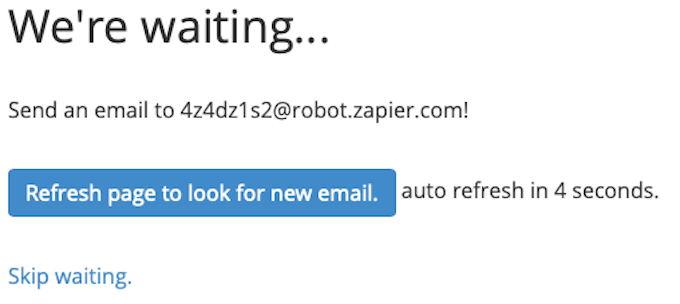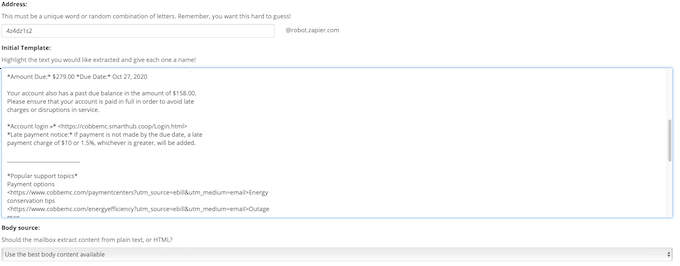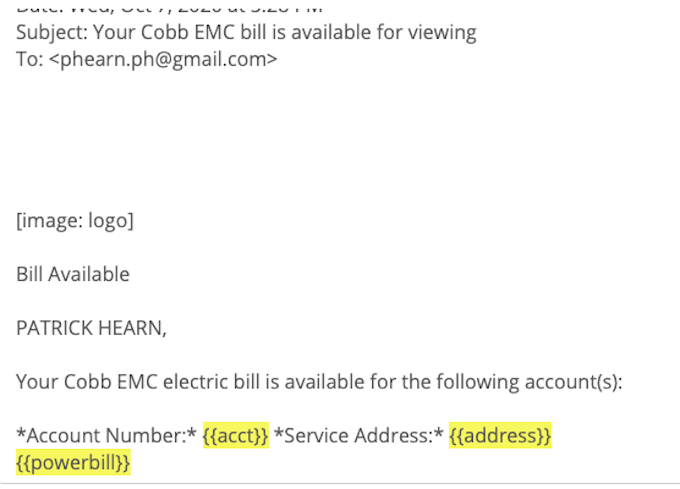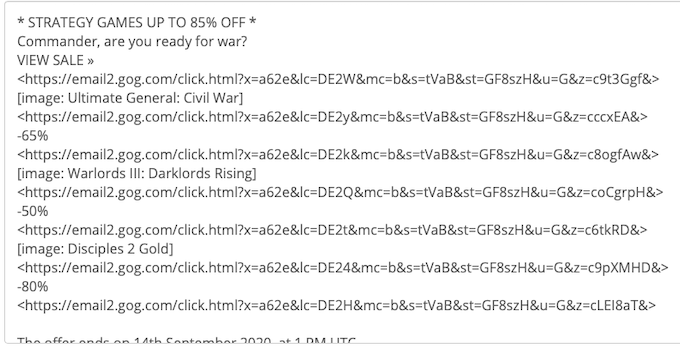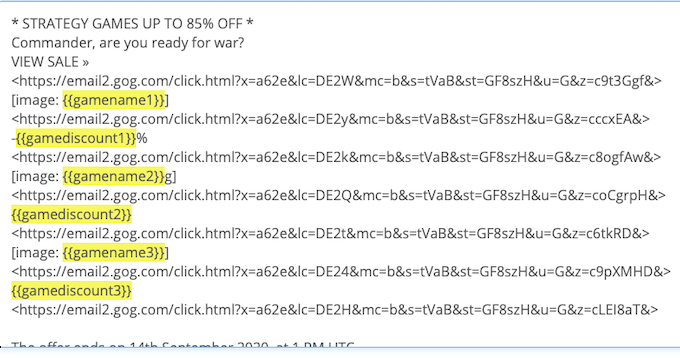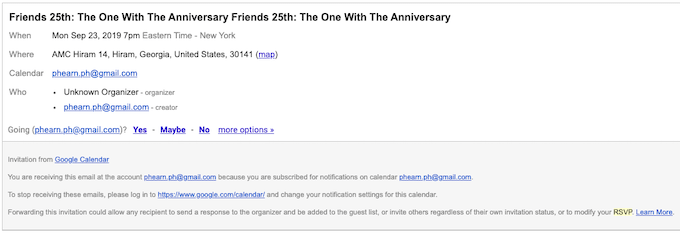An email parser skims your inbox for specific, designated keywords and then performs actions based on how you’ve it programmed. Just link Zapier’s integrated email parser to your account and you can have it sort through and keep track of information so that you don’t have to.
1. Stay on Top of Bills
In the modern, paperless world, most people receive notices of upcoming payments through their emails. On the other hand, if you’re receiving 300 emails a day, it can be tough to keep track of everything. You can use the email parser to automatically monitor specific phrases and then alert you when you receive one that matches those phrases. Go to https://parser.zapier.com and sign in. Once you’ve done this, select Create Mailbox. You will see an email address at the top of the screen that is basically gobbledygook, but it looks like this for a reason. Forward one of your bills to that address. When you forward the email containing the bill to the provided address, it will appear in a template box on the screen. Select the text you want the parser to read. When you do, a box will pop up and you can give it a specific name. After you do this, the parser will replace the highlighted text with the name in curly brackets, as seen below: Once you’ve set the parser up, you need to go into your email and automatically forward similar emails to the system. It works best if you have an individual parser set aside for specific tasks; in this instance, combing through bills from the power company. Set up a filter inside your inbox to automatically forward emails from the same address straight to the parser. Most bills originate from a no-reply@company.com address, which makes it easy to send those along. When everything is set up, you need to connect Zapier’s email parser to another tool through a Zap. In the case of bills, an easy way to stay notified is to connect the data through SMS messaging. There are many other ways to use the email parser besides just staying on top of bill payments.
2. Know When Sales Happen
More retailers than ever before use email as a way to reach out about sales and discounts. If you’re subscribed to a lot of newsletters, you risk missing a notice about one of those sales. An easy way around the madness is to set up an email parser that automatically looks for discounts and sends you an SMS about them. For example, fans of GOG.com might want to be notified when a game goes on sale. All you have to do is forward the sales newsletter to the parser and set up a dedicated alert. Emails do not have to be identical in format, but it helps if the sender uses a similar format each time. This is what a sales ad from GOG.com looks like: To set up alerts from the parser, you would need to select the discount and the name of the game, assigning different values to each. In the case of GOG newsletters, it would look like this once finished: By designating different names to each field, you can keep them tied together when you assign the values later. Once you set up the parser, you can create a Zap to enter these into a Google Sheets page or you can have them sent straight to your phone. If you choose to enter the sales into a Google Sheets page, you may want to also include a link to the sale itself so you can more easily find it. Sending them to your phone will remind you to check your email later to follow up.
3. Never Miss an Invitation
Although the progression of technology has resulted in the word “e-vite,” it’s not all bad–it’s easier than ever now to send out invitations to events and receive responses through email. The downside, of course, is that it’s so easy to miss one email in a sea of hundreds. Rather than hope you catch an email, set up a parser to send you a notification via SMS when you receive an invitation that requires an RSVP. It’s not much different than setting up notifications for a sale or for a bill, especially if you’re responding through Google Calendar. Designate the date, the location, and a trigger word that you know will appear in every invitation, such as “RSVP” or “Going?” Once you have done this, you can set up the parser to shoot you an SMS whenever you receive an invitation. These are just three potential ways you can use the Zapier email parser to streamline day-to-day aspects of your life and help you reach inbox zero. The possibilities are limited only by your imagination. Many small business owners use the email parser to help track potential leads, while others manage their receipts. What creative uses do you have for email parsers? Let us know in the comments below.

